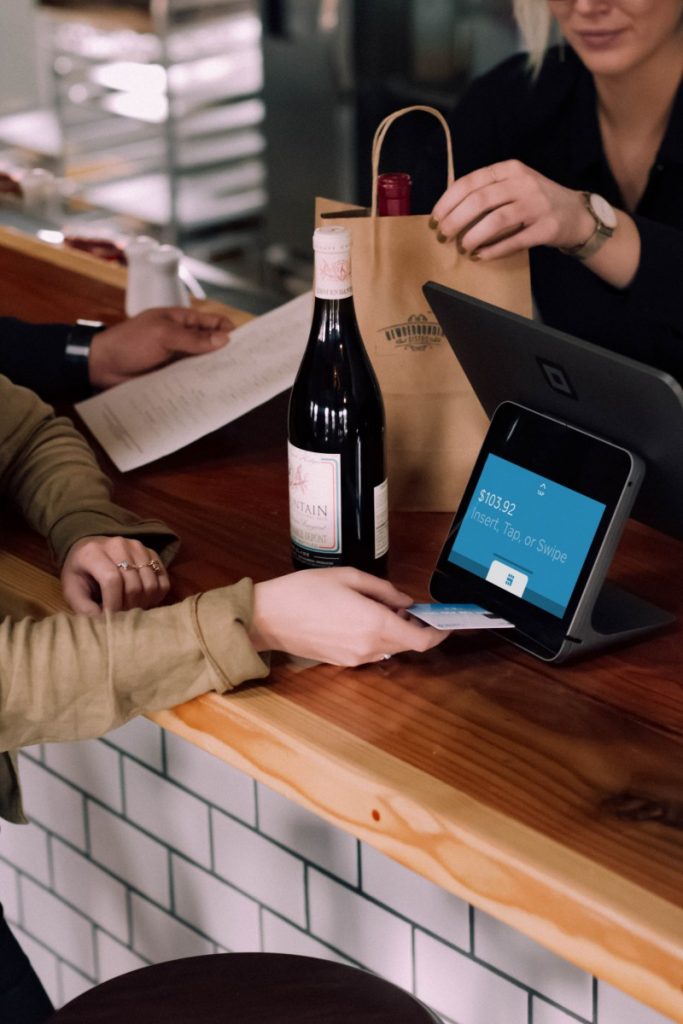Need a small business news fix? Then read on…
Small Business News
Snobby Staff Can Boost Luxury Retail Sales
When it comes to luxury brands, the ruder the sales staff, the better the sales. This is according to research from the University of British Columbia’s Sauder School of Business.
Consumers who get the brush-off at a high-end retailer can become more willing to purchase and wear pricey clothing. “It appears that snobbiness might actually be a qualification worth considering for luxury brands like Louis Vuitton or Gucci,” says Sauder Marketing Professor Darren Dahl. “Our research indicates they can end up having a similar effect to an ‘in-group’ in high school that others aspire to join.”
For the study, participants imagined or had interactions with sales representatives – rude or not. They then rated their feelings about associated brands and their desire to own them.

Participants who expressed an aspiration to be associated with high-end brands also reported an increased desire to own the luxury products after being treated poorly. The effect only held true if the salesperson appeared to be an authentic representative of the brand. If they did not fit the part, the consumer was turned off.
“Our study shows you’ve got to be the right kind of snob in the right kind of store for the effect to work,” says Dahl. ■
Want to Optimise Sales Performance?
Companies can improve sales performance when they give more generous commissions to salespeople. This is more cost-effective than offering consumers discount pricing.
The new research was conducted by and Tat Chan and Raphael Thomadsen, both of Washington University in St. Louis. It focused on automotive sales at the dealership level.

Said Thomadsen, “The selling process is structurally modelled as a joint decision that involves two parties. The consumer makes the final decision. But the sales representative’s decision of how much service effort to invest in each product also influences the consumer’s choice. Sales representatives and their incentivisation through commissions has a powerful impact on sales performance. Our findings shed some light on how companies can strike the right balance to optimise sales.”
So think about better commissions for your salespeople, rather than discounts for your customers, next time you want to shift some products! ■
Get ’em While They’re Hot
Picture this: The sales are happening! Eager shoppers are lunging for the pile of shoes that are disappearing fastest, on the theory that those shoes are the best deal. They may not be the best deal, but the frenzy drives the sales.
This idea has led researchers from Monash University’s Business School to study this concept further. They say retailers should provide real-time cues about the number of items sold and current levels of stock. This kind of sales information is very easy to display in a retail environment or online.

In one study, participants were asked to decide between two unfamiliar but identically priced books. When sales levels were shown, the book displayed as having sold more was chosen 89 percent of the time. And when the stock level was displayed, the book showing fewer copies left was chosen 74 percent of the time. When sales and stock information were both presented, the book with higher sales and also fewer copies remaining was chosen 84 percent of the time.
So if you are a retailer, remember: Displaying sales and stock level information is an effective tool to influence consumers. ■
Café Hoggers are Bad for Business
Café conquerors are using gadgets and personal items like bags to hog café territory for hours. This is proving to be bad for business, as it scares other customers away because there is nowhere for them to sit.
The “plugged-in” customers are grabbing extra seats, counter space and tabletops by using mobile phones, laptops, bags and cups of coffee to keep other customers away from “their space.” This is seriously denting café profits, according to marketing professors Merlyn Griffiths and Mary Gilly, in the Journal of Service Research.


Solution?
The trend is forcing baristas to post signs limiting seating time. Some shops go so far as to limit access to wifi. However, by using hotspots, the café hoggers are free to flout the rules. A $5 cappuccino effectively buys a workstation for the afternoon. A single customer can turn a four-person table into a makeshift office for one.
So how can café owners discourage this behaviour so that other customers aren’t scared away? If you own a café and you are considering a refurb, then think about an interior design that discourages café hoggers.
Or create an out-of-the-way space for remote workers where they don’t hinder sales from other types of customers. Let’s outsmart the hoggers without them knowing! Happy selling, café owners!■
Need a break from the business world? Then check this out!

Editor for Silver Magazine Gold Coast

